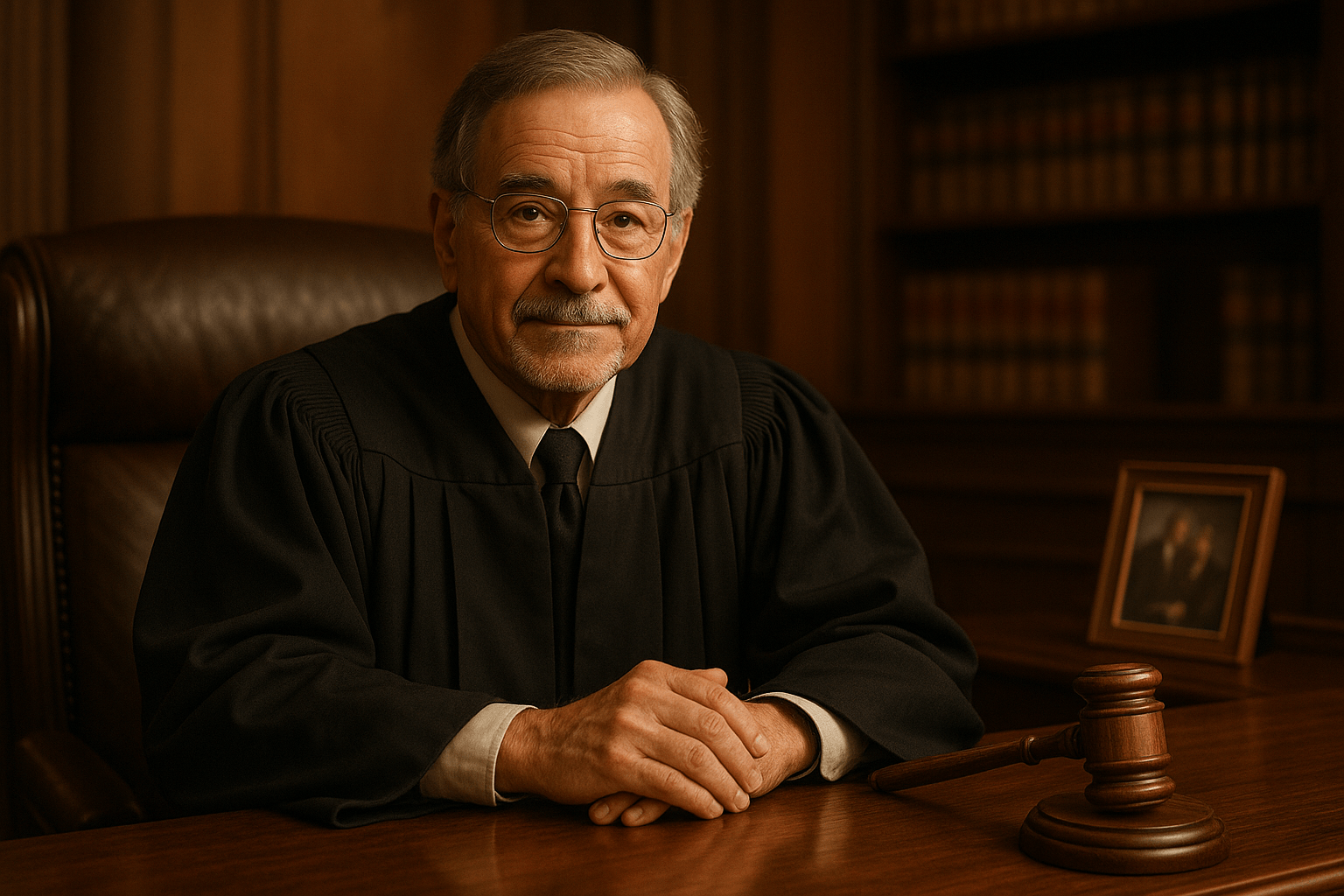Understanding the Legal Debate Over Trump’s Use of Emergency Declarations
Emergency powers have long been a controversial yet essential aspect of US governance, designed to help leaders respond rapidly to unexpected threats. However, their use is not without scrutiny—especially when presidential administrations invoke them for broad political goals. Recently, Ilya Somin, a renowned law professor from George Mason University, unpacked these issues in a Lawfare opinion, focusing on how former President Donald Trump has utilized—and, some argue, overutilized—this powerful tool.
What Are Emergency Declarations and Why Do They Matter?
In the United States, emergency declarations give the president significant flexibility to address immediate crises, such as natural disasters, pandemics, or security threats. Congress grants these powers through statutes like the Stafford Act and the National Emergencies Act.
Typically, emergencies are declared in response to tangible dangers—think hurricanes, terrorist attacks, or widespread health emergencies, like the COVID-19 pandemic. But over the last several years, observers have noticed a shift in how these declarations are used.
Ilya Somin’s Perspective: A New “Frontier” for Emergency Powers
According to Ilya Somin, Trump’s approach marks a turning point. In his Lawfare article, Somin argues that Trump has “ratcheted up” the use of emergency declarations for political objectives, co-opting statutory powers originally intended for urgent, non-partisan action.
One of the key examples was Trump’s 2019 decision to declare a national emergency at the southern border. While previous administrations had used such powers—sometimes controversially—Trump’s move was distinctive in that it attempted to bypass Congressional appropriations to fund the US-Mexico border wall. Many legal scholars, Somin included, viewed this as a worrying extension of presidential authority into areas the Constitution reserves for Congress.
What Makes These Recent Moves Different?
While executive discretion in emergencies isn’t new, the scale and apparent motivation have changed. Somin notes, for instance, that Trump issued more than dozens of emergency declarations—far more than most of his predecessors. Critics argue that these were made for political leverage, rather than as genuine responses to emergencies.
Furthermore, this pattern could set a precedent for future administrations to use “emergencies” as a rhetorical and legal tool whenever politically expedient. This risks undermining the carefully designed checks and balances that are foundational to the American system.
The Broader Political Stakes
Why does this legal debate matter to ordinary citizens? The danger, Somin and others say, is that routine emergency powers can erode democratic accountability. When a president bypasses normal legislative processes, the risk of executive overreach increases. Historical experience, both in the United States and abroad, shows that overbroad emergency authority can threaten civil liberties, interfere with the balance of powers, and compromise transparency.
A recent article in The Guardian echoes these fears, highlighting how legal scholars are sounding the alarm about this trend. If routine public policy disagreements can be reframed as “emergencies,” the danger is that the executive branch could wield near-unchecked power.
Possible Solutions: Reforming Presidential Emergency Powers
In response to these developments, some legal experts and lawmakers are calling for reforms. Proposals include:
- Clarifying legal standards for what qualifies as a national emergency
- Requiring Congressional reauthorization of emergency declarations at regular intervals
- Establishing more stringent judicial review mechanisms to ensure abuses can be challenged in court
Some organizations, such as the Brennan Center for Justice, have published in-depth proposals for modernizing emergency laws to better prevent abuse.
Looking Ahead: A Moment for Civic Engagement
The question of how, when, and why presidents use emergency declarations touches on the core values of American democracy. Regardless of one’s view of Trump’s policies, the debate over emergency powers isn’t going away. In fact, future administrations—of any political party—might face even greater temptations to use these decrees for their own purposes.
As citizens, staying aware and informed is essential. For those who want to explore more, consider reading:
- The ACLU on emergency powers and oversight
- How Congress can fix the National Emergencies Act
- Brookings analysis of emergency power reforms
Conclusion
Emergency powers are a double-edged sword: vital in true crises, but dangerous if misused. As Professor Ilya Somin and others have pointed out, the temptation to blur the lines between real emergencies and political strategy is one of the defining legal challenges of our time. Reforms and vigilant oversight can help ensure that this extraordinary authority remains true to its intended purpose.




